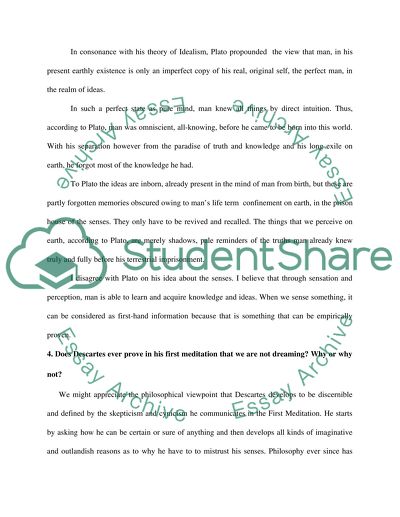Cite this document
(“Philosophy of Skepticism Essay Example | Topics and Well Written Essays - 1500 words”, n.d.)
Philosophy of Skepticism Essay Example | Topics and Well Written Essays - 1500 words. Retrieved from https://studentshare.org/miscellaneous/1516361-philosophy-of-skepticism
Philosophy of Skepticism Essay Example | Topics and Well Written Essays - 1500 words. Retrieved from https://studentshare.org/miscellaneous/1516361-philosophy-of-skepticism
(Philosophy of Skepticism Essay Example | Topics and Well Written Essays - 1500 Words)
Philosophy of Skepticism Essay Example | Topics and Well Written Essays - 1500 Words. https://studentshare.org/miscellaneous/1516361-philosophy-of-skepticism.
Philosophy of Skepticism Essay Example | Topics and Well Written Essays - 1500 Words. https://studentshare.org/miscellaneous/1516361-philosophy-of-skepticism.
“Philosophy of Skepticism Essay Example | Topics and Well Written Essays - 1500 Words”, n.d. https://studentshare.org/miscellaneous/1516361-philosophy-of-skepticism.


